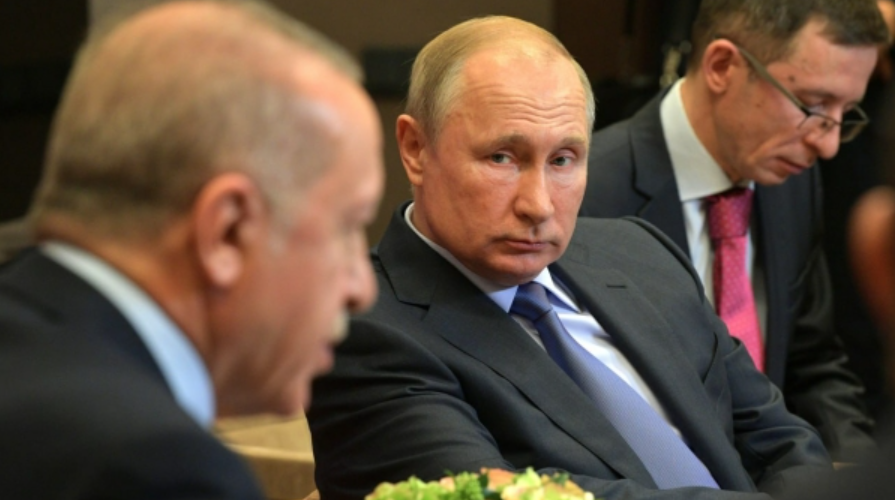Others are reading now
The Institute for the Study of War (ISW) has scrutinized the Kremlin’s strategy in selecting families of fallen Russian soldiers for a Christmas meeting with President Vladimir Putin. This event is seen as a tactical move by Putin to project a caring image for Russian servicemen and their families in the lead-up to the presidential election in March 2024.
During the meeting, held on January 6th at Putin’s Novo-Ogaryovo residence to celebrate Orthodox Christmas, the Russian leader emphasized the “heroism of the fallen Russian servicemen.”
ISW analysts note that Putin has consistently shown the Russian government’s support for these families and has tasked officials across Russia to continue this support.
Also read
Putin’s presence at such events aims to portray him as a “compassionate leader” who is attentive to the needs of military personnel. This is particularly significant as military personnel and their families form a substantial part of the electorate, and their support is crucial for the Kremlin’s narrative of widespread societal backing for the war in Ukraine.
However, ISW points out that the Kremlin meticulously chooses families for these meetings to avoid any potentially uncomfortable questions or statements. This careful selection is part of a broader effort to censor public complaints from family members of Russian servicemen.
The Russian news agency Novostei reported that the relatives of five deceased servicemen present at the meeting had connections to the Russian government and military. This included the widow of a serviceman of the Russian Guard, who is now an advisor in Balashikha, and the widow of a Russian serviceman who leads the Tambov branch of the “Defenders of the Fatherland Foundation.” Other attendees had connections to religious and military institutions.
All five servicemen represented at the meeting had posthumously received Hero of Russia awards and the Order of Courage. Analysts emphasize this as a standard practice for the Kremlin, sometimes involving the same individuals at multiple events.
Key takeaways from ISW’s analysis include Putin’s continued effort to project guardianship over Russian servicemen and their families, the Russian Orthodox Church’s stance on returning Russian citizens, and the ongoing challenges faced by the Russian government regarding policy towards migrants in Russia.
This analysis provides insight into the Kremlin’s tactics in managing public perception and the strategic use of personal narratives in bolstering Putin’s image ahead of the presidential election.


